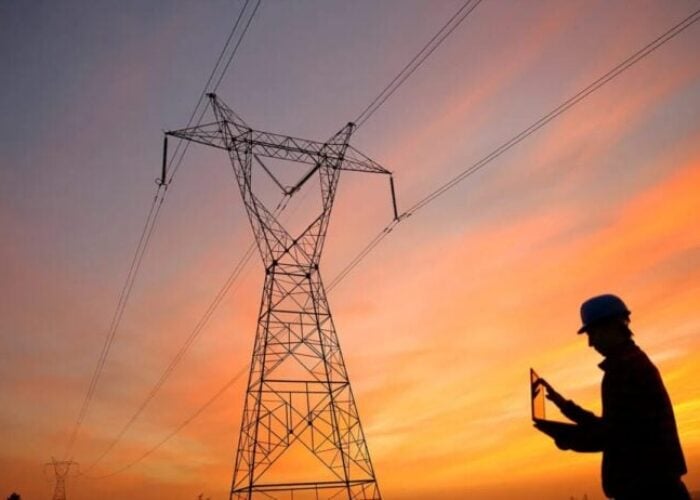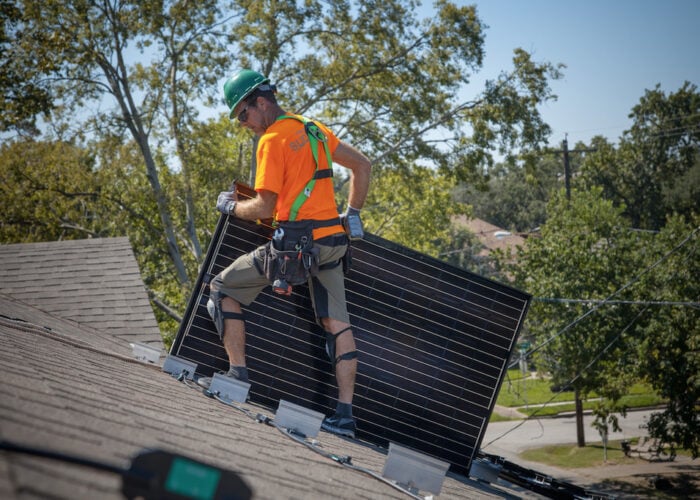Legislation that campaigners said would have harmed solar net metering and “monopolised” solar system leasing has been rejected in Washington State.
Pro net-metering lobby group, the US Alliance for Solar Choice (TASC), claimed it and other solar advocates had successfully lobbied to keep net metering charges, and what TASC claims as “monopolistic” control of solar leasing, out of Washington State legislature.
Unlock unlimited access for 12 whole months of distinctive global analysis
Photovoltaics International is now included.
- Regular insight and analysis of the industry’s biggest developments
- In-depth interviews with the industry’s leading figures
- Unlimited digital access to the PV Tech Power journal catalogue
- Unlimited digital access to the Photovoltaics International journal catalogue
- Access to more than 1,000 technical papers
- Discounts on Solar Media’s portfolio of events, in-person and virtual
The proposed HB 2176 ‘leasing of energy systems’ and HB 1301 ‘renewable energy incentives for creating clean energy jobs in Washington state’ legislation would have mandated a fee for rooftop solar users, and given power to utilities – rather than local solar companies – for the leasing of solar systems.
The American Legislative Exchange Council (ALEC), an association for conservative law makers, proposed a template anti-net metering policies in 2013 on which the proposed Washington legislation was based.
TASC said Washington State’s decision not to implement a policy based on the template was a “blow” to ALEC and allies such as the Edison Electric Institute (EEI).
EEI, which represents investor-owned electric companies, and was confronted with claims of dark money funding its campaigns last November, claims on its website net-metered customers are dodging grid maintenance fees. The EEI says clean energy grid supplying customers, “effectively are avoiding paying [these] costs for the grid.”
EEI has argued maintenance costs are “shifted to those customers without rooftop solar or other distributed generation systems through higher utility bills”.
TASC has counter-lobbied by claiming that “rooftop solar benefits everyone” by delivering “extra energy from rooftops to neighbours”.
Environmental conservation group, Sierra Club’s Washington chapter described the bills as “contradictory and complicated” and accused the policy template of creating “confusion in Washington's incentive payment programme” that would “ultimately diminish, not expand, the number of new solar installations in Washington”.
Sierra Club also ran a campaign to tell elected officials to vote against the two bills.







